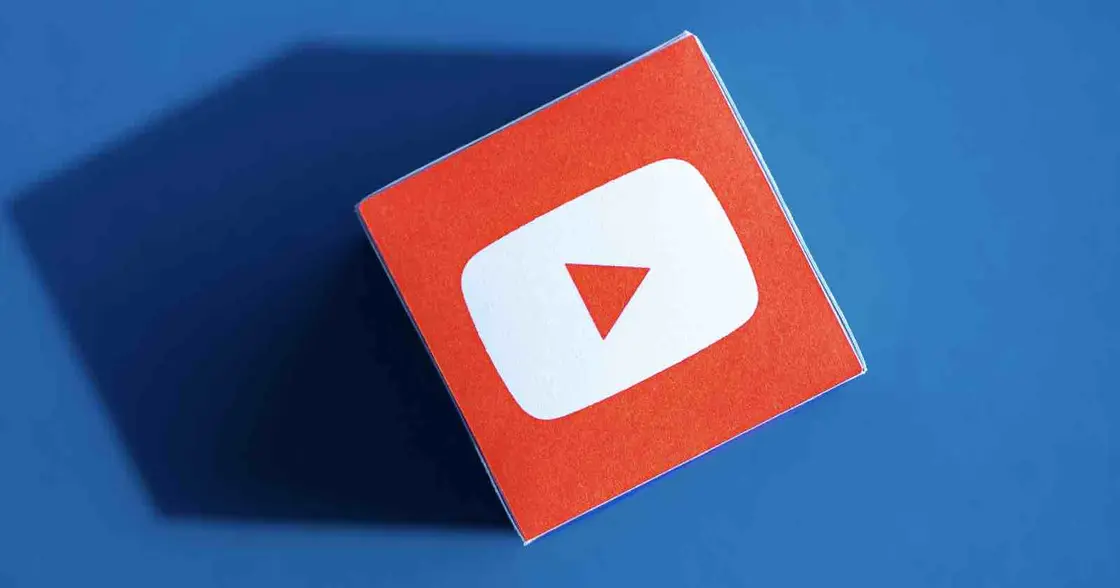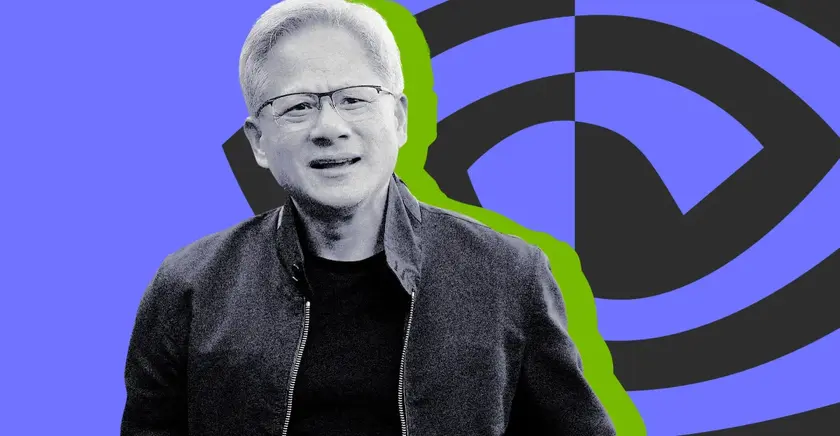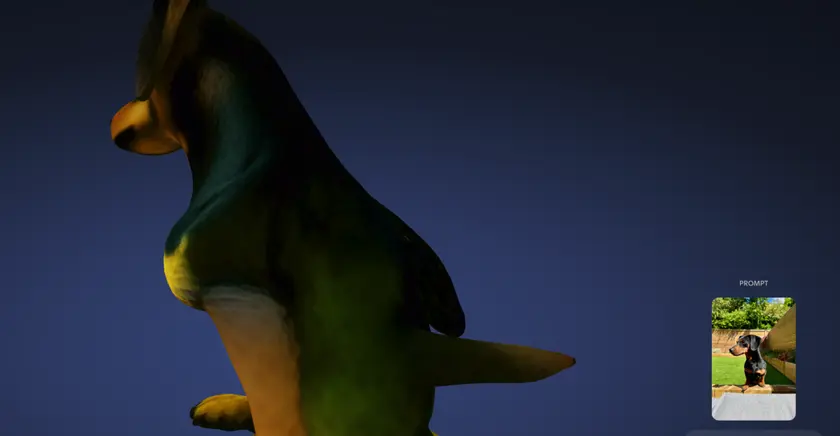T4K3.news
YouTube edits Shorts with AI without consent
BBC reports YouTube is testing AI edits on Shorts without notifying creators, raising questions about consent and transparency.

BBC reports YouTube quietly uses AI to edit Shorts without notifying creators, prompting questions about consent and platform transparency.
YouTube Edits Creators Videos With AI Without Consent
BBC reports that YouTube has quietly used AI to edit Shorts without informing creators. The edits are described as small and often hard to spot without side by side comparisons, such as sharper wrinkles, smoother skin, or warped ears. Content creators like Rhett Shull note the differences and show that the same video looks different on YouTube and Instagram, with the Shorts version appearing more polished. He says, I did not consent to this.
YouTube has now confirmed an experiment on a limited number of Shorts, using traditional machine learning to unblur, denoise and improve clarity during processing, similar to what a modern smartphone does when recording a video. The company says it aims to provide the best video quality and experience, and will consider creator and viewer feedback as it iterates. It did not specify whether creators will be able to disable the edits, and BBC reporters point out that changing videos without notice could undermine trust in what people see online. The wider backdrop includes reports that Google uses YouTube videos to train its AI models, adding another layer to debates about data use and algorithmic editing.
Key Takeaways
"I did not consent to this"
Rhett Shull on lack of consent for AI edits
"Replacing or enhancing my work with AI upscaling erodes trust"
Shull on impact of AI edits on trust
"Transparency on how edits happen is essential for creators"
Editorial stance on disclosure and process
"AI should enhance the creator not rewrite the work"
Editorial note on preserving authorial voice
The issue tests a core question for platforms: who controls the creator’s voice once AI gets involved? If edits happen without clear consent or opt-out options, audiences may start seeing a version of a video that does not reflect the creator’s original intent. That harms both trust and authorial autonomy. At the same time, platforms argue that the edits are tools for quality and viewing experience. The case pushes policymakers to consider clearer rules on consent, transparency, and user rights in AI assisted editing. It also highlights a tension between innovation and accountability on a global stage.
Highlights
- I did not consent to this
- Trust is earned one video at a time
- Editing without notice erodes the creator's voice
- Transparency on edits is essential for creators
Creator trust and consent under AI edits
The practice raises sensitive issues about consent, transparency, and the integrity of creator voice. If edits are applied without opt-out options or clear disclosure, it could trigger public backlash, regulatory scrutiny, and ongoing distrust in the platform.
As this space evolves, clear rules will shape how creators and audiences navigate AI driven edits.
Enjoyed this? Let your friends know!
Related News

YouTube tests AI video enhancement

YouTube faces questions over silent AI edits

Miss England AI round reminder

AI upgrades test ethics on a space mission
Pixel 10 shows Google pushing AI into daily life

Nexon faces backlash over AI likeness ads

Tariffs and Trump merch push tighten grip on tech market

Manchester nightlife videos prompt safety concerns
